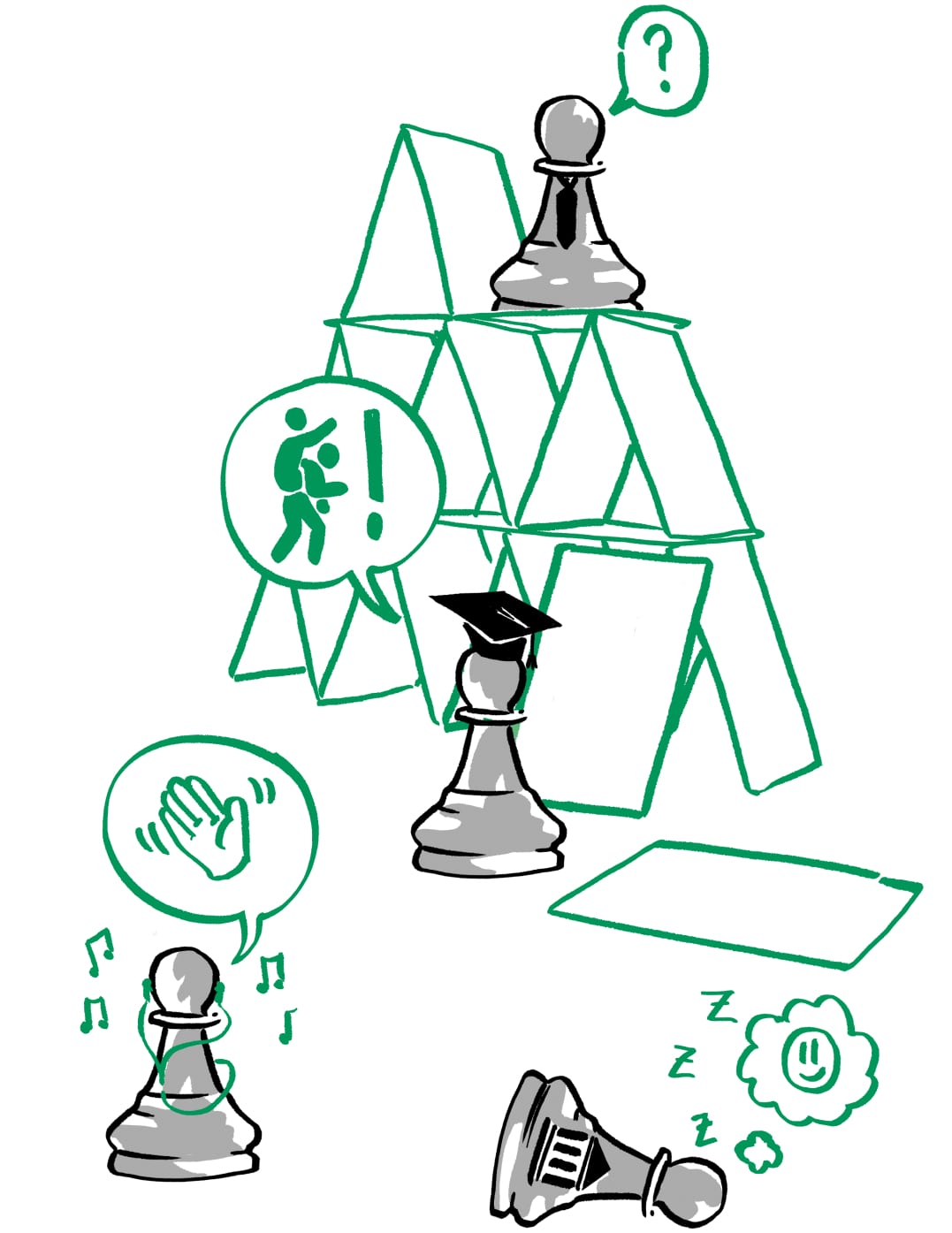
Declining collaborative engagement is expressed through decreases in feelings of mutual commitment and support, as well as decreased information sharing. Balancing demands on stakeholders with attention to stakeholders' priorities is critical to sustaining engagement. Appreciation and understanding can help sustain engagement over the long term.
The phenomenon of decreasing cooperative commitment over the project duration, the decline of the feeling of mutual commitment and support, and the reduced information exchange described in the literature (Kurzhals et al., 2021, in reference to MacDonald, 2019 and Israel et al., 1998) represent a serious obstacle to transfer in transdisciplinary research projects that needs to be counteracted. Complementing the aspect of declining commitment over time, attention to actors' priorities and appreciation of commitment, on one hand, a significant cause of declining collaborative commitment among the actors involved is the balancing act between commitment to the collaboration and its demands. On the other hand, the requirements of one's own organization must be met if the actors involved are employed, for example in a company or a foundation. This tightrope walk can be very challenging in terms of commitment for a cooperation over a longer period of time (Kurzhals et al., 2021, in reference to Israel et al., 2006).